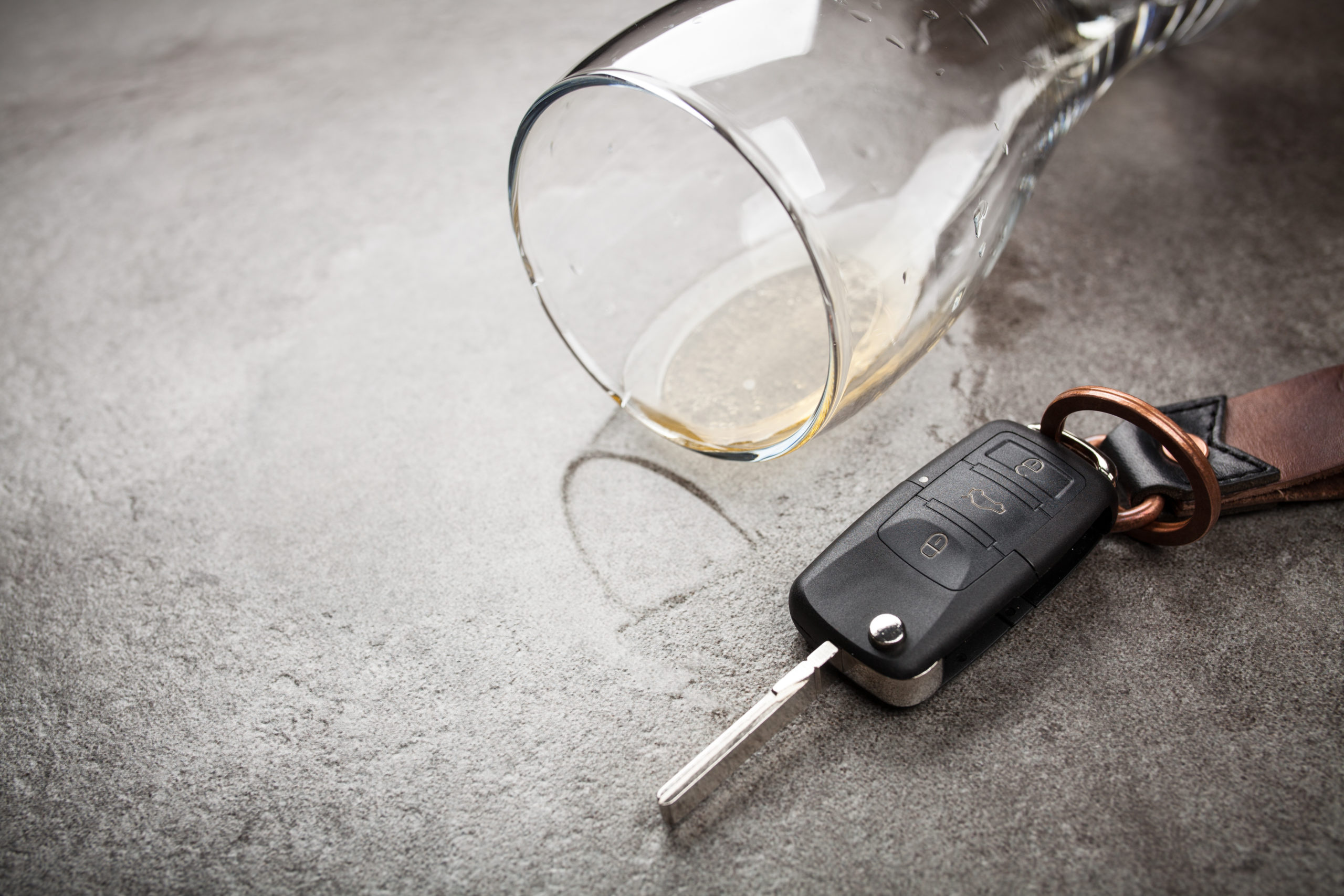Several different DWI defenses can be employed by an attorney in Texas. However, you will want to keep in mind that the only way to use these defenses is with the help of one of our dedicated and experienced Houston DWI defense attorneys. Our legal team is on your side. All you have to do is give us a call today.
What are common DWI defenses in Texas?
- Police Officer Fails to Follow Guidelines: It is critical to realize that law enforcement officers are required to read you the Miranda Warning, which presents your rights before they begin questioning you. If a law enforcement officer fails to read the Miranda Warning can be a valid defense for a DWI charge. All police reports should be clear and precise. Law enforcement officers are required to acquire and hold all evidence correctly; a failure to properly manage and keep proof may end up in evidence suppression.
- An Improper Stop: In the event that law enforcement did not have probable cause or did not follow proper procedures, a lawyer can try to have the charges dismissed or have specific evidence buried.
- Breath Test Calibration Errors: Breathalyzers are useful, however, they are not foolproof. Accuracy in calibration is required to have trustworthy breathalyzer results. Failure to calibrate the breathalyzer may result in incorrect readings.
If you believe you have one of the above defenses, it is in your best interest to give our legal team a call today to discuss the details of your case and your options.
What are Texas’ DWI laws?
According to Texas Penal Code § 49.04, an individual can be charged with a DWI offense if he or she is intoxicated while driving a motor vehicle in a public place. Texas Penal Code § 49.01(2) describes intoxicated as:
- not having the normal use of mental or physical faculties because of the introduction of alcohol, a controlled substance, a drug, a dangerous drug, a combination of two or more of those substances, or any other substance into the body; or
- having an alcohol concentration of 0.08 or more.
Mostly all DWI arrests in Texas typically involve alcohol concentrations gathered from breath samples obtained during roadside tests or tests performed at police stations. A violation of the alcohol concentration limit definition of intoxicated is considered as evidence of an alcohol concentration of 0.08% or higher, though, a person can be charged based on the other definition of intoxicated that involved more subjective views of arresting officers or the potential involvement of controlled substances.
CONTACT OUR EXPERIENCED HOUSTON FIRM
If you have sustained a serious injury or are facing criminal charges, contact the Gonzalez Law Group today to learn more about how we can help you through every step of the legal process ahead.

